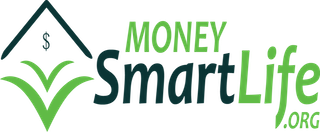Archives
May 2020
Categories
All
|
Back to Blog

Your behavior is one crucial factor that determines your financial well-being. It is not just what you know to do, but what you actually do that counts. Knowing you must save for retirement is different than saving for retirement. Knowledge should inform behavior not to be a substitute for it.
The next behavior in our look at six financially healthy behaviors is managing existing debt and has access to potential resources. This is your skills and ability to control your debt. And your capacity to generate outside resources in times of need. Let’s take a look at each. Manages Existing Debts
0 Comments
Read More
Your comment will be posted after it is approved.
Leave a Reply. |
MONEYSMARTLIFE.ORG EMPOWERING SUSTAINABLE FINANCIAL WELL-BEING IN WORKING CLASS FAMILIES

 RSS Feed
RSS Feed

